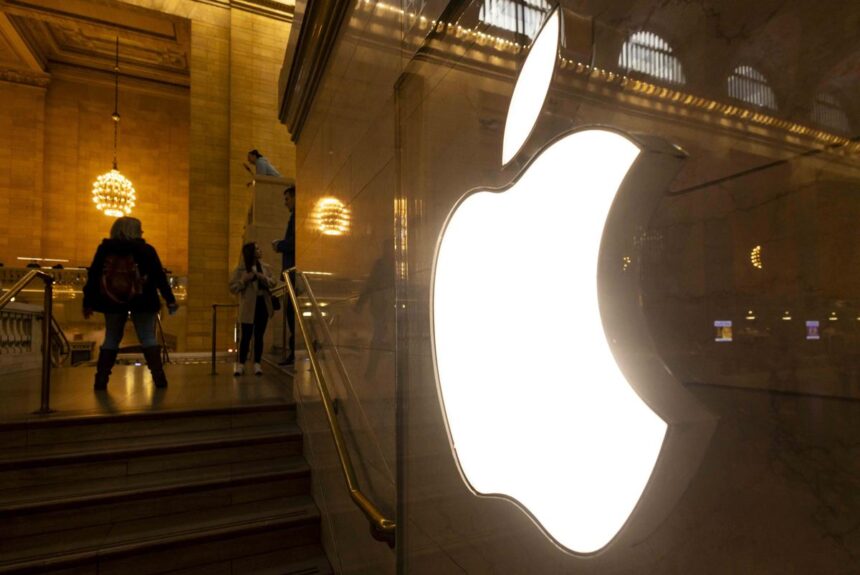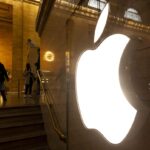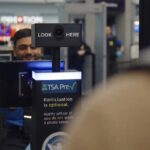Meta and Apple are preparing big launches. To start, Meta will hold its ‘Connect 2025’ conference on September 17-18, a free, online event featuring the latest innovations in smart glasses, artificial intelligence (AI) and metaverse.
The great expectation this year revolves around the Hypernova/Celeste glasses, Meta’s first with an integrated display in the right lens that will function as a kind of miniature viewfinder to display notifications, maps, translations or AI responses without the need to take out the cell phone.
What Meta prepares
On Wednesday 17, at 16:00 local California time, Mark Zuckerberg will lead the talk focused on AI and the vision of the metaverse.
Meanwhile, the following day, it will be the turn of developers, with Meta executives showcasing new opportunities to create immersive experiences.
Free registration for the event is available at www.meta.com/connect/.
Apple also prepares “amazing” new products
In addition to Meta Apple is another technology company that is preparing to present its new toys.
On September 9, at its headquarters in Cupertino (California), it plans to unveil this year’s new products and where everything points to the iPhone 17 being the star of the event.
The chosen slogan is as striking as it is mysterious: ‘Awe dropping’.
The invitation was no slouch: the bitten apple appears with a thermal effect, with red edges that hint at warmth and a blue center that cools the anticipation.
In addition to the new iPhone, fans are also expecting news on the Apple Watch and perhaps a surprise or two.
As has been the tradition since 2020, the launch will be a pre-recorded video, which can be followed on Apple’s website starting at 10:00 local time (17:00 GMT).
Nvidia continues to generate profits, even without China
U.S. chipmaker Nvidia increased its net profit by 59% to $26.422 billion in the last quarter, despite U.S. limitations on exports to China, and without sales of the H20 chip to the Asian giant.
The company released its results at the close of trading on Wall Street on Wednesday and reported revenue of $46.743 billion, up 56% year-on-year, mainly thanks to its Data Centers segment.
Supervised AI, from New York to Geneva
The United Nations this week approved the creation of the first international scientific panel for the governance of artificial intelligence (AI), with 40 expert members and a three-year mandate.
The group will focus solely on civilian uses, assessing AI risks and opportunities, and will issue an annual “survival guide” or Jedi Handbook-style report for handling these technologies.
In addition, an annual global dialogue on AI will be held, alternating between New York and Geneva, where experts and officials will be able to discuss the ethical, technical and cultural challenges of AI.
Although the resolution was agreed by consensus, the United States and Argentina expressed reservations, especially on gender, sustainable development and possible over-regulation.
Buzzy and Trump, an uneasy relationship
Intel warned the U.S. stock market regulator that the entry of the federal government as a shareholder, with almost 10% of the capital, generates “risks and uncertainties” for the company and its shareholders, especially in its international business.
The Californian company’s sales outside the U.S., which accounted for 76% of its revenues last year, could be affected by additional regulations or restrictions in other countries.
The technology company points to possible adverse reactions from investors, customers, partners or foreign governments, as well as litigation or increased public and political scrutiny.
It also warns that state participation could limit governance rights and future strategic transactions.
President Donald Trump downplayed the criticism and noted that the action drove a 25% rise in the stock market since the beginning of August.
The AI cloud is gaining ground in Latin America
Artificial intelligence continues to make giant strides and today it is present in everything, even in the cloud, to the point that it is transforming the way businesses operate in Latin America.
A recent example is the alliance between DeepSeek, a Chinese startup focused on large-scale AI models, and Huawei Cloud, the Asian technology company’s cloud platform.
Its goal is clear: to accelerate software development and reduce bugs through the use of advanced AI models.
According to their figures, the combination allows up to 100 times faster programming and a 70 % reduction in code failures.
Companies such as the Brazilian company Neogrid, specialized in logistics, have already put these solutions to the test: after migrating their data to Huawei Cloud, they reported improvements of 40% in performance, 60% in efficiency and a cost reduction of close to 40%.






















